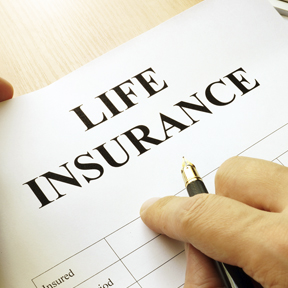May 2021
Life insurance is key to providing financial stability for your loved ones after well into the future. But having coverage is no guarantee — if you are seen as a risky candidate, an insurance provider can reject your application outright. Getting rejected for life insurance coverage is deflating but knowing what to do next can lead to a positive result in the end.
Ask why and follow up
When you receive a rejection from a life insurance provider, it will most likely come in the form of a curt letter. This won’t shed much light on the why, which means figuring out the reasoning behind the decision falls to you. Jason Fisher, an expert on life insurance writing for Life Happens, recommends striking out past that initial correspondence and getting a more detailed explanation.
Contact the insurance company and ask for further information on why the decision was made to reject your application. Fisher writes that life insurance providers research risk potential and compile the results prior to denying or accepting a candidate’s application. This means the reasoning can and should be made available to you on request. Causes for rejection can include personal medical history, the results of your most recent health exam, and even your driving record.
In some cases, a rejection could mean that your health exam found a medical issue that you weren’t even aware of, so you’ll want to confirm any results with your primary care physician.
If your rejection stems from your medical history or any other data, Policy Advisor Magazine suggests checking through the information for errors. In a case where the insurance company had out-of-date information at the time of application, you could appeal the decision and provide an updated version of your medical history.
Take steps toward a different result
Lifestyle choices and occupational hazards can be a big factor in a life insurance provider’s decision-making. Katie Adams writes for Investopedia that lifestyle is the third biggest key factor behind age and family medical history, but it’s the one over which you have the most control.
Some of the most prevalent actions you can take, according to Adams, include losing weight, quitting smoking, and minimizing or quitting your alcohol intake. Making strides to lead a healthier lifestyle make you less of a risk in the eyes of an insurance provider — especially if you spurn bad behaviors tied into family health concerns like heart disease, cancer, and diabetes.
The blog on the website of financial expert and bestselling author Dave Ramsey suggests allowing time for changes to take place. If you are rejected for having a bad driving record, you may simply need to wait until your tickets lapse and practice good driving until you have a clear record. Taking time to focus on yourself and build good habits before applying again can be a difference-maker that winds to a better result the second time around.
When your application for life insurance is rejected, don’t panic. Search for other agents, like our bankers, and see what they can do to help or find a policy that works for you.
